ABORTION CASE
While we at the March for Life are very hopeful that this case will shed light on the humanity of the child at 15 weeks, we strive ardently for one day where life at every stage – from conception to natural death – will be valued and protected.
It is past time for the United States to update our laws and ensure protections for the lives of the unborn.
The mission of the March for Life is to unite, equip and mobilize pro-life Americans in the public square. The March for Life was founded in 1973 as a result of two Supreme Court cases, Roe v. Wade and Doe v. Bolton, which legalized elective abortion through all nine months of pregnancy in all fifty states. Our organization works for the day that abortion will become unthinkable in the United States!
On May 17, the Supreme Court announced that it would take up a late-term abortion case, Dobbs v. Jackson Women’s Health, during its 2021-2022 session. While this case does not deal specifically with the question of the legality of all abortions, it does address late-term abortion, specifically, limiting abortions after 15 weeks.
This part of our website is dedicated to providing tools to Americans who want to be educated about Dobbs v. Jackson Women’s Health and about the humanity of the unborn child at 15 weeks.
What is the case about?
The Supreme Court has agreed to take up a Mississippi case in its 2021-2022 session, Dobbs v. Jackson Women’s Health Organization, that will delve into the question of whether pre-viability limits on abortion beginning at 15 weeks’ gestation are constitutional.
The Court was presented with these 3 questions, of which they’ll answer #1:
-
-
- Whether all pre-viability prohibitions on elective abortions are unconstitutional
- Whether the validity of a pre-viability law that protects women’s health, the dignity of unborn children, and the integrity of the medical profession and society should be analyzed under Casey’s “undue burden” standard or Hellerstedt’s balancing of benefits and burdens
- Whether abortion providers have third-party standing to invalidate a law that protects women’s health from the dangers of late-term abortions
-
Dobbs is a late-term abortion case. Currently, our wide-open abortion laws, including for late-term abortion, align with only seven other countries, including China and North Korea.
What Do Americans Want?
When asked whether or not they support Roe v. Wade, the majority of Americans say they do. However, it’s clear that most Americans are not aware of what exactly our current national abortion law permits or how this Supreme Court case might impact abortion jurisprudence.
Polls reveal that Americans actually want to see more limits on abortion than we currently have in place.
- 76% of Americans want abortion limited to – at most – the first three months of pregnancy
-
- Even a majority (55%) of Americans who consider themselves pro-choice want abortion limited to – at most – the first three months of pregnancy
- 65% of Americans think second-trimester abortions should be “illegal in all or most cases.”
- The same poll also found that 80% of Americans think third-trimester abortions should be illegal “in all or most cases.”
- 55% of Americans are most likely to support a limit on abortion after 15 weeks when learning that the unborn child has the capacity to feel pain
- 53% of Americans are more likely to support limits after 15 weeks upon learning that an unborn child has a beating heart, can move around in the womb, can close his or her fingers, and senses stimulation from outside the womb
Does this case mean the end of Roe v. Wade?
The short answer is that we don’t know – and we can’t assume that it does. The most likely result is that this case would be the first step in an incremental weakening of Roe.
What we do know, however, is that this case will address limiting late-term abortion.
By allowing limits on abortion after 15 weeks, states across the country can work to enact laws that better reflect their own interests and save more lives.
REFLECT MODERN SCIENCE
It’s time for our laws to reflect the realities of modern science, understanding that the humanity of a 15-week old child in the womb is undeniable.
Modern science has shown us that at 15 weeks, a child is capable of feeling pain, has a fully formed nose, lips, and eyebrows, and can even suck their thumb.
A limit on abortion after 15 weeks would bring the United States in line with most European countries. In fact, the United States is only ONE of SEVEN countries that still allow elective abortion after 20 weeks.
What is an Amicus Curiae?
An amicus curiae is someone who is not a party to a case who assists a court by offering information, expertise, or insight that has a bearing on the issues in the case. An amicus brief can play a valuable role precisely because they provide different perspectives from the principal parties. They provide helpful guidance to the court about the real-world impact of its decisions.
The Dobbs late-term abortion case is likely to have significant impact on the issue of protecting the unborn. Our brief presents to the Supreme Court two arguments:
First, Roe v. Wade, (1973) and Planned Parenthood of Se. Pa. v. Casey, (1992) were wrongly decided.
Second, that the Supreme Court should acknowledge Mississippi’s substantial interests in protecting the pre-born and the health and safety of women. These interests are based upon a duty the Fourteenth Amendment imposes upon the States to protect pre-born life.
LATE-TERM ABORTION?
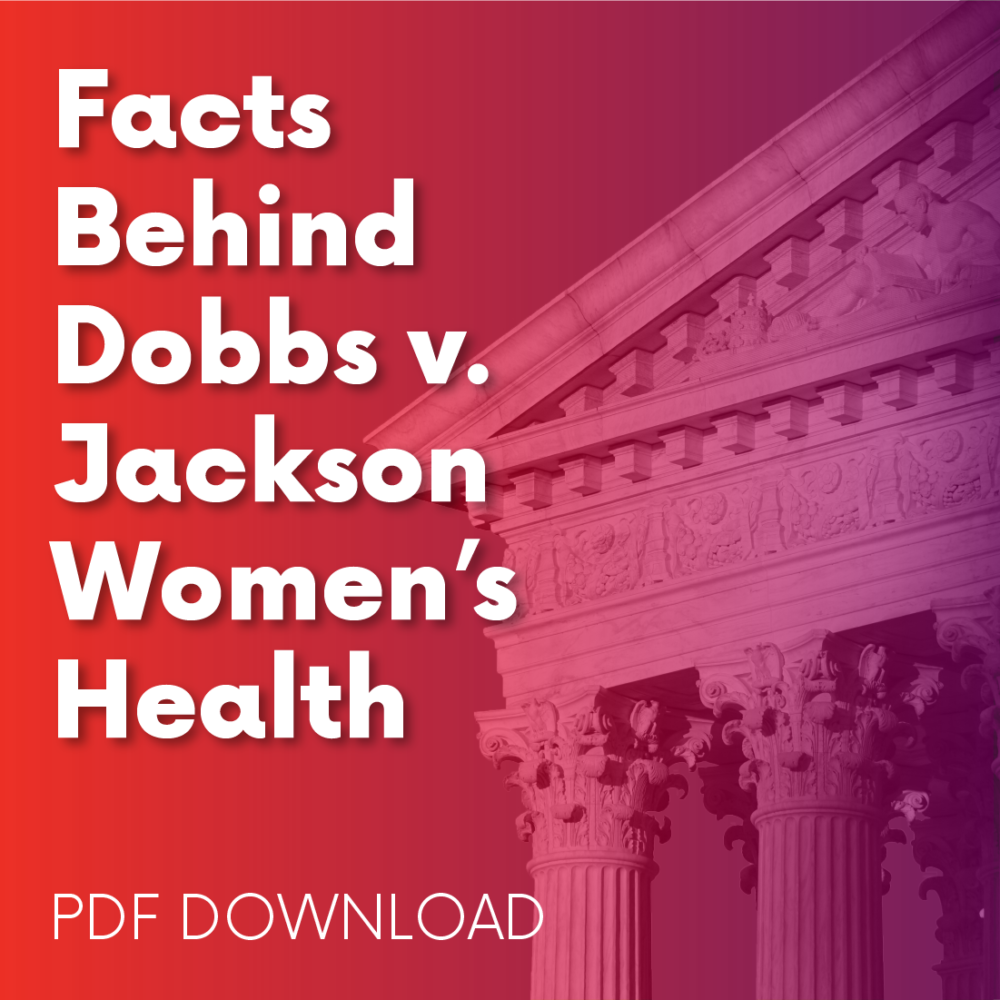
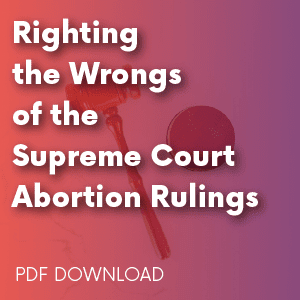
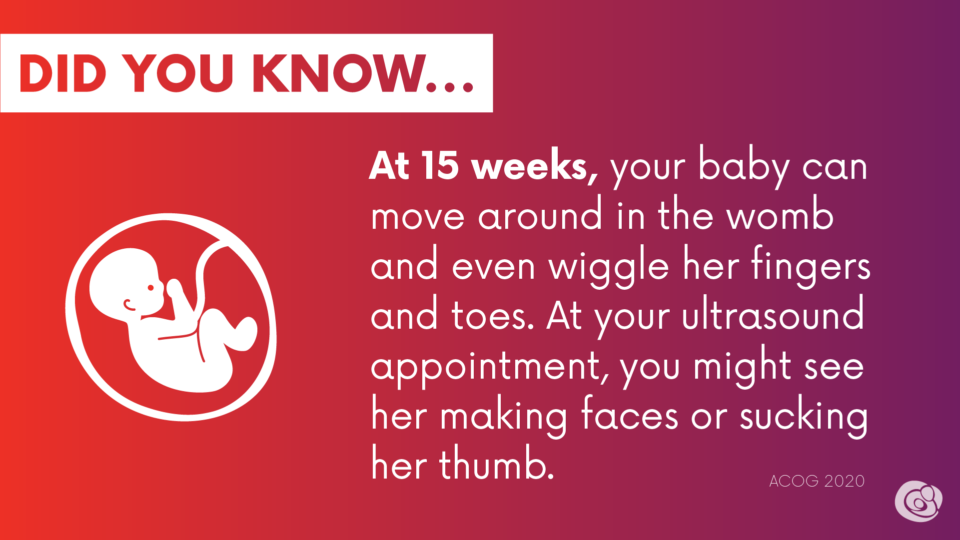
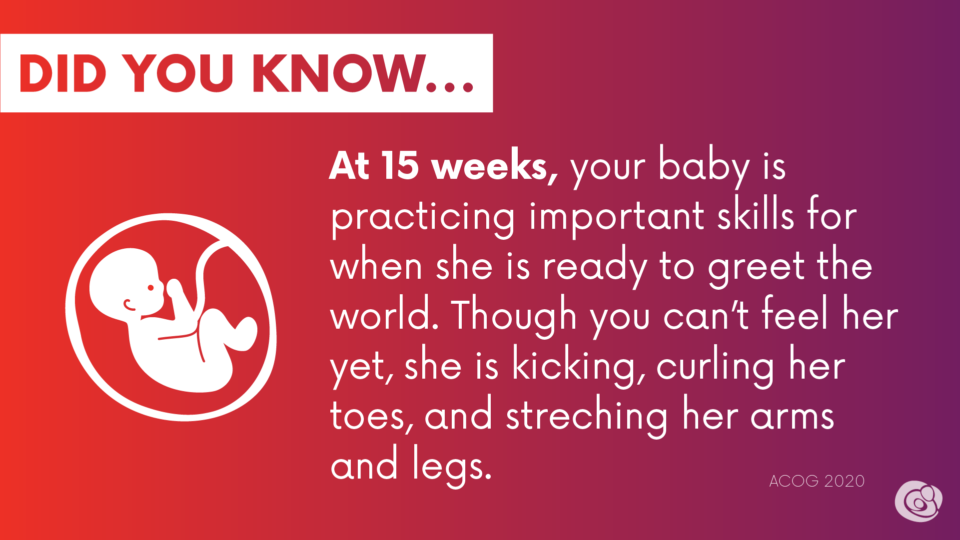
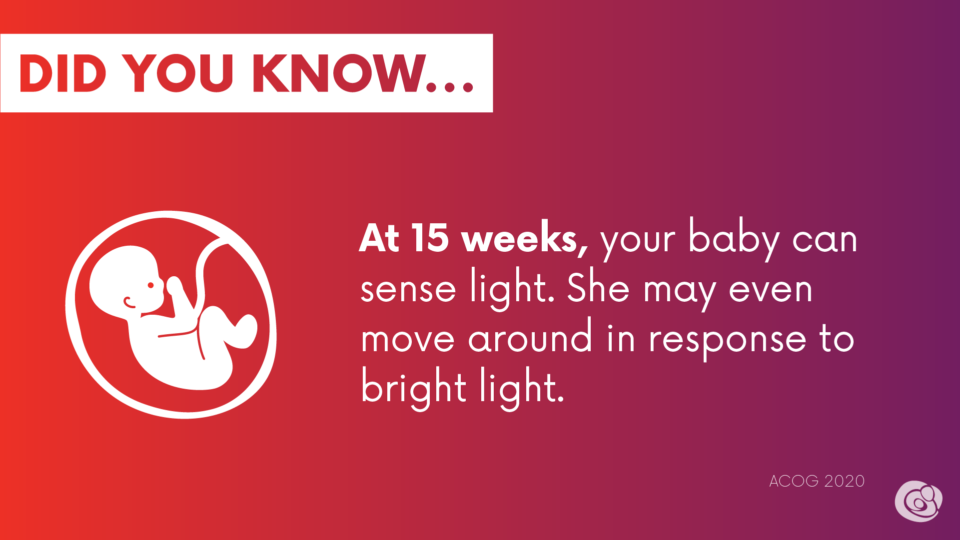
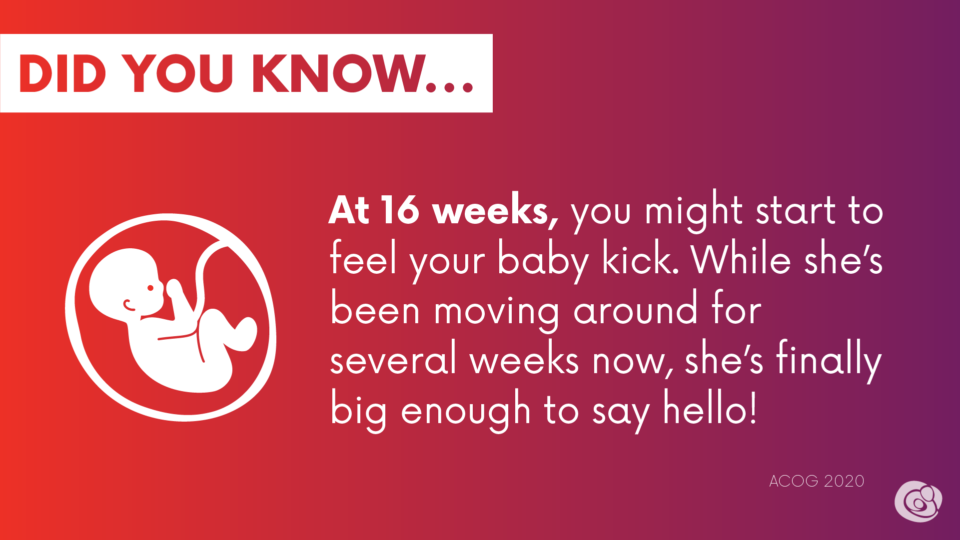
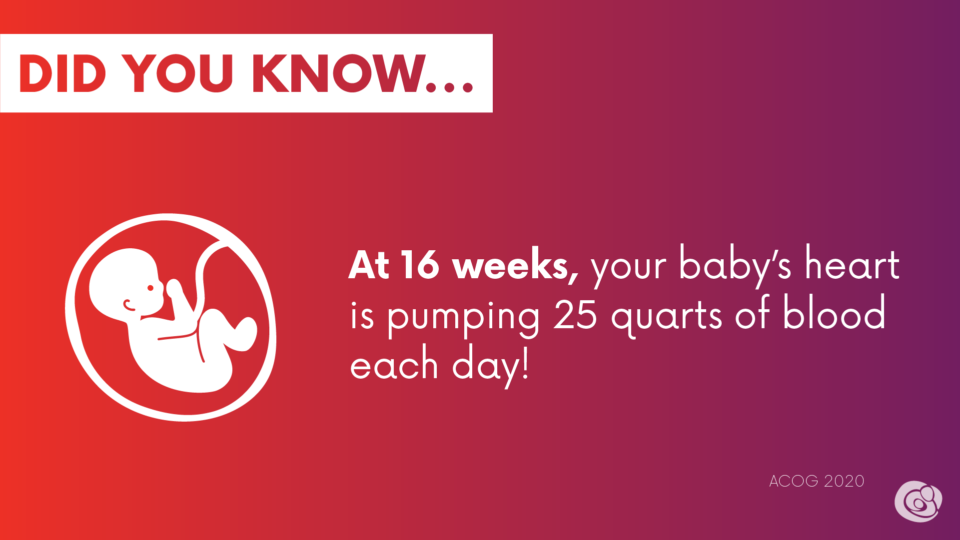
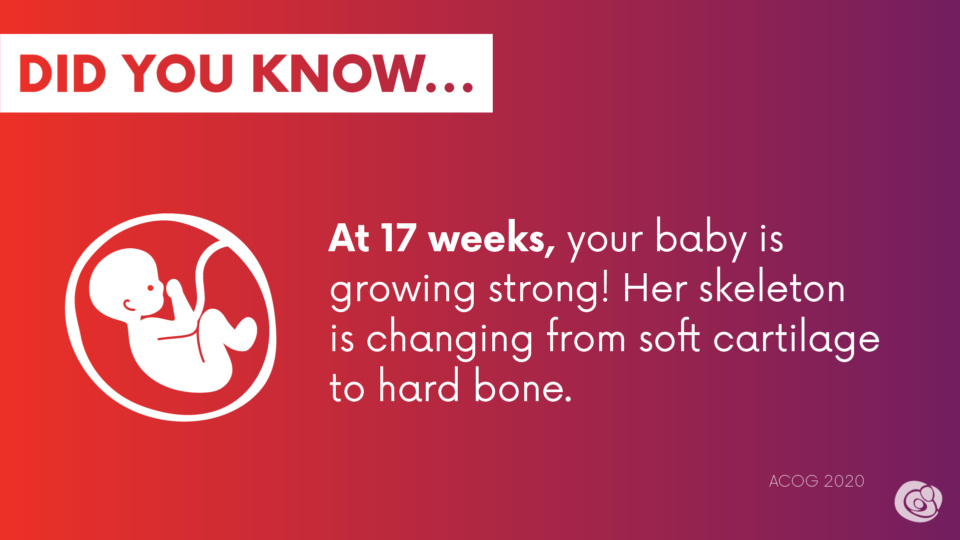
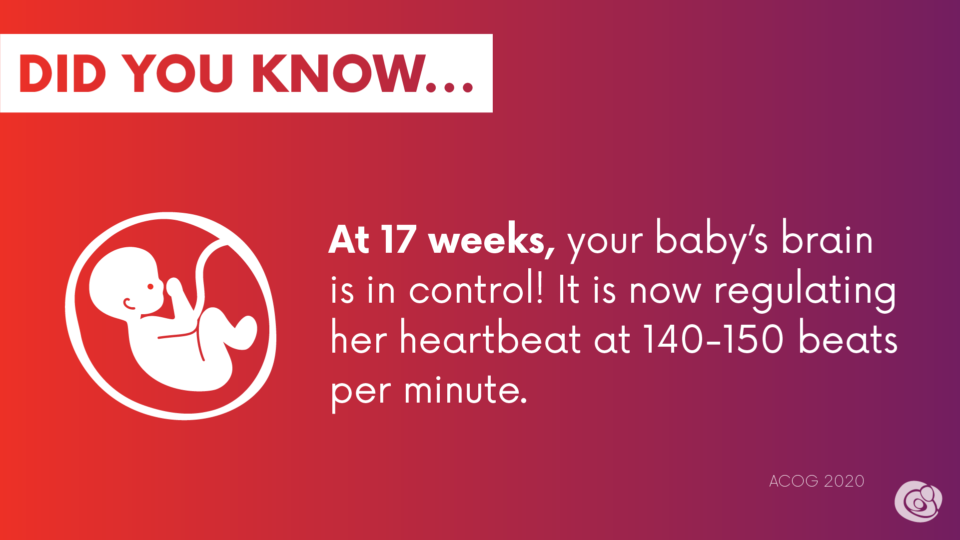
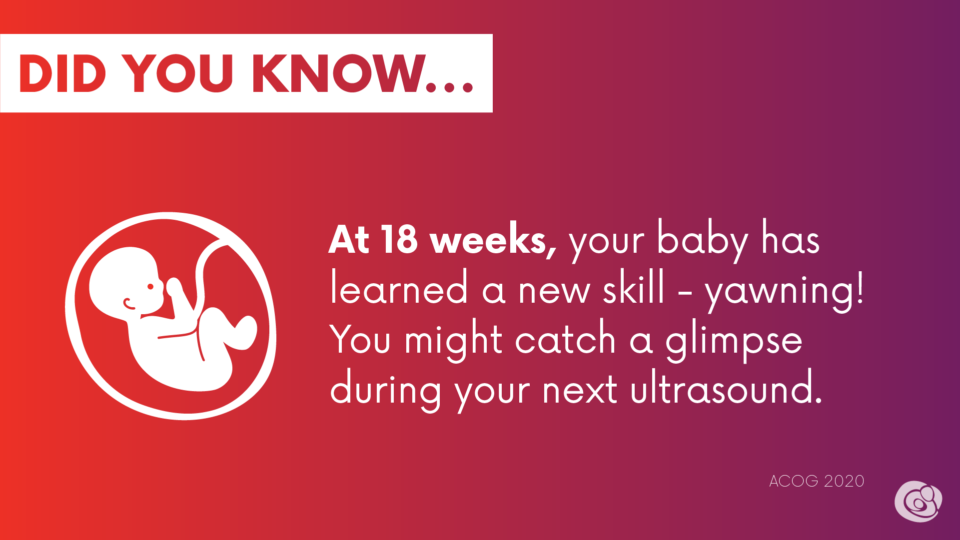
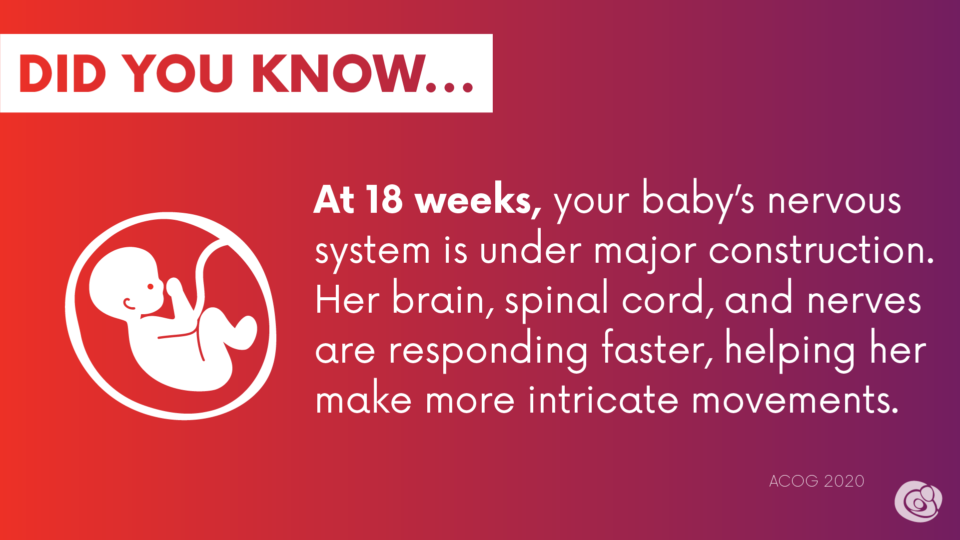
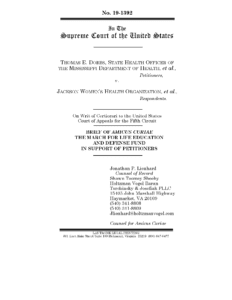

![Womens Health Resources Backgrounder V.2[44]](https://marchforlife.org/wp-content/uploads/2022/05/Womens-Health-Resources-Backgrounder-V.244-pdf-232x300.jpg)
